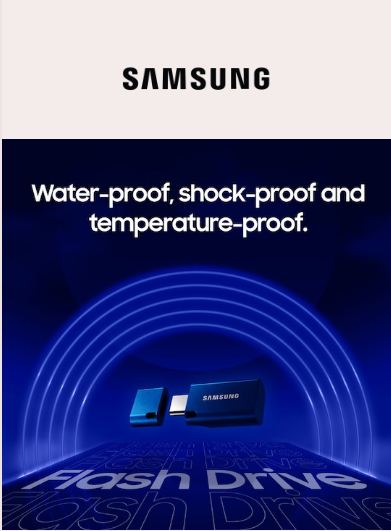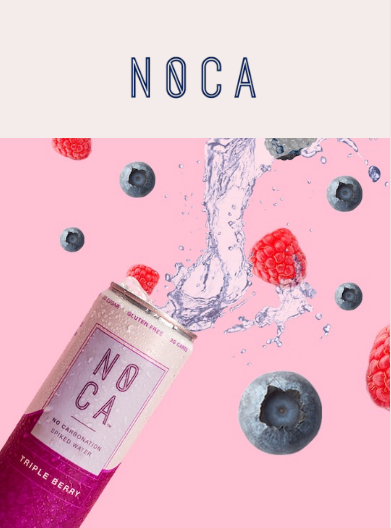Dell Technologies, also known as Dell, helps organizations and individuals build their digital future and transform how they work, live, and play. The company provides customers with a broad and innovative solutions portfolio for the data and artificial intelligence (AI) era, including traditional and modern infrastructure. It also provides a comprehensive portfolio from the edge to the core, to cloud solutions, products, and services to prepare utility companies to meet the ever-changing business challenges and evolving competitive markets. Other brands include VMware, Secureworks, and Alienware. Dell's go-to-market engine includes an extensive direct sales force, with the ability to build deep customer relationships, and a global network of channel partners.
Services
What Is Manufacturing?
Manufacturing is the creation of finished goods through the use of tools, human labor, machinery, and chemical processing.
Manufacturing allows businesses to sell finished products at a higher cost than the value of the raw materials used. Large-scale manufacturing allows for goods to be mass-produced using assembly line processes and advanced technologies as core assets. Efficient manufacturing techniques enable manufacturers to take advantage of economies of scale, producing more units at a lower cost.
Understanding Manufacturing
Manufacturing is an integral and huge part of the economy. It involves processing and refining raw materials, such as ore, wood, and foodstuffs, into finished products, such as metal goods, furniture, and processed foods.
Converting these raw materials into something more useful adds value. This added value increases the price of finished products, making manufacturing a very profitable part of the business chain. Some people specialize in the skills required to manufacture goods, while others provide the funds that businesses need to purchase the tools and materials.

As noted above, efficiency in manufacturing can lead to higher productivity and cost savings. Manufacturers are able to accomplish this if they are able to:
Reduce redundancies
Improve the quality of work
Update equipment and procedures
Set realistic goals
Streamline intake, supply chain, and distribution channels
Types of Manufacturing
How products are manufactured has changed over time. People have historically manufactured goods using raw materials. And in certain cases, they still do. Hand manufacturing involves the use of basic tools through more traditional processes. This form of manufacturing is often associated with decorative art, textile production, leatherwork, carpentry, and some metalwork.
Handmade goods are labor-intensive and require a lot of time. In some cases, they can command a high price, depending on the supplier and the type of goods. For instance, one-of-a-kind handmade fashion items can be sold at a higher price compared to something mass-produced. There are cases, though, where people who make goods using these techniques can be exploited, especially where labor laws are lax and demand for jobs is high.
Larger businesses use mechanization to mass-produce items on a much grander scale. This process involves using machines, which means that the manual manipulation of materials isn't necessarily required. Very little human capital is needed in the production process, although highly skilled individuals may be required to operate and ensure that machinery is running properly.
Johnson & Johnson (J&J) is engaged in the research and development, manufacture and sale of a broad range of products in the healthcare field. In 2023, Johnson & Johnson completed the disposition of an additional 80.1% ownership of the shares of Kenvue, resulting in two business segments: Innovative Medicine and MedTech. Its Pharmaceuticals segment is focused on manufacturing medicines for immunology, infectious diseases, neuroscience, cardiovascular, metabolism, pulmonary hypertension, and oncology ailments. Its MedTech segment includes a broad portfolio of products used in the Orthopaedic, Surgery, Interventional Solutions (cardiovascular and neurovascular), and Vision fields. The company operates worldwide but makes about 55% of its revenue in the US.
The Procter & Gamble Company (P&G) is a global leader in the fast-moving consumer goods industry, focused on providing branded consumer packaged goods of superior quality and value to its consumers around the world. The company divides its business into five global segments that comprise its vast portfolio of fabric and home care, baby, feminine & family care, health care, grooming, and beauty product lines. Its more than 35 brands include Bounty, Crest, Gillette, Pampers, Pepto-Bismol, Puffs, Old Spice, Swiffer, and Tide, among others. The company sells products in approximately 180 countries and territories worldwide through numerous channels as well as direct-to-consumer. More than half of the company's revenue was generated outside the US.










